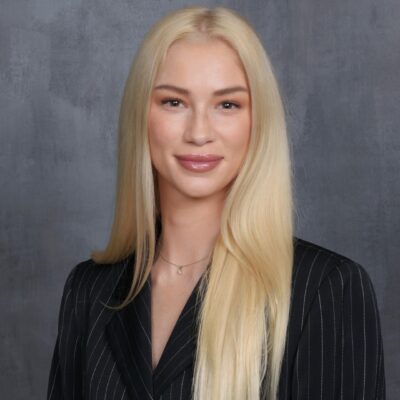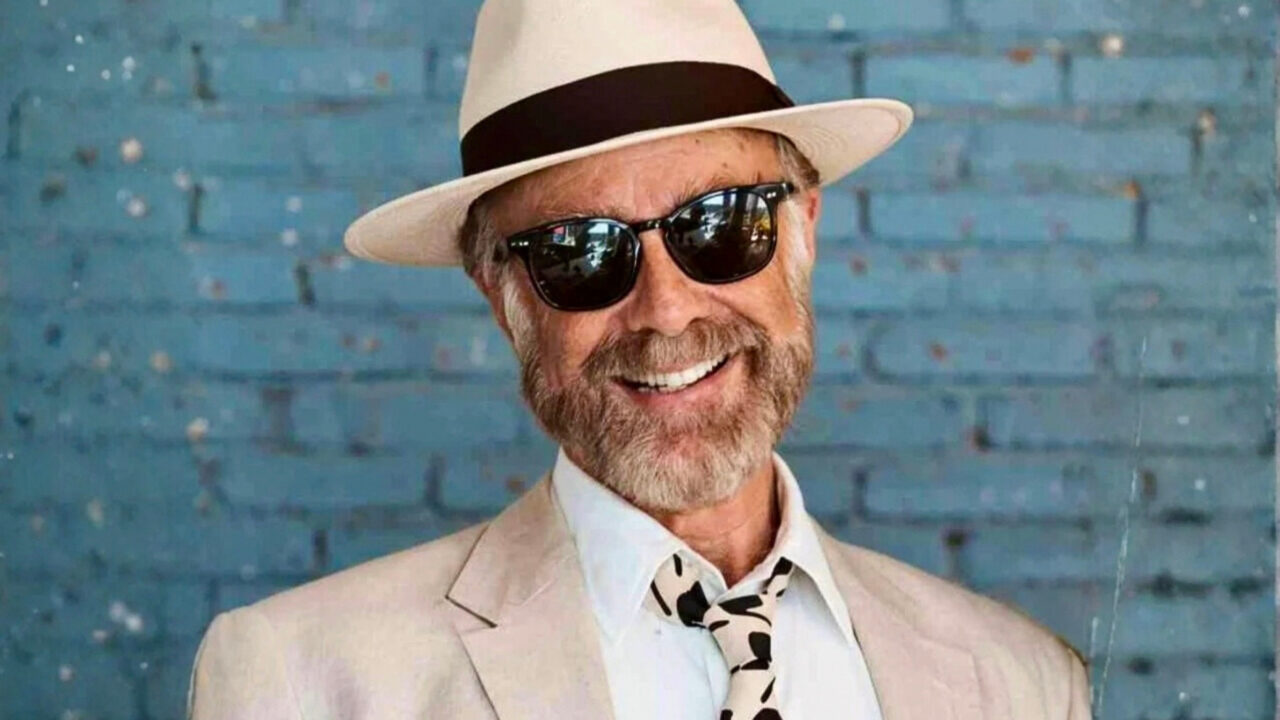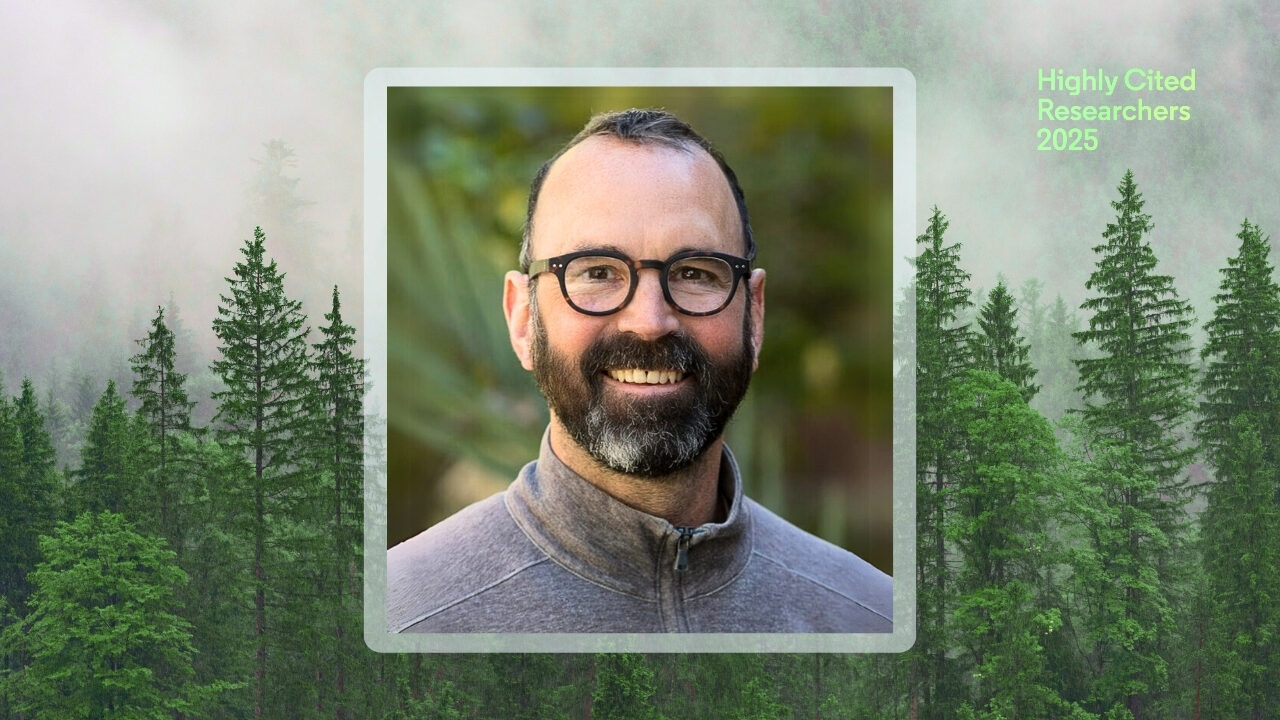
Meet the 2025 Pritzker Environmental Genius Award candidates #1–5
These five mid-career leaders are creating climate solutions in areas and communities often left out of conventional planning
The first five nominees for this year’s Pritzker Emerging Environmental Genius Award are working in places where infrastructure is unstable and communities are underserved — across forests, clinics, code camps and river basins. Their projects span solar refrigeration, ecological fieldwork, power grid modeling and machine learning, but are grounded in the day-to-day realities of the people and places they support.
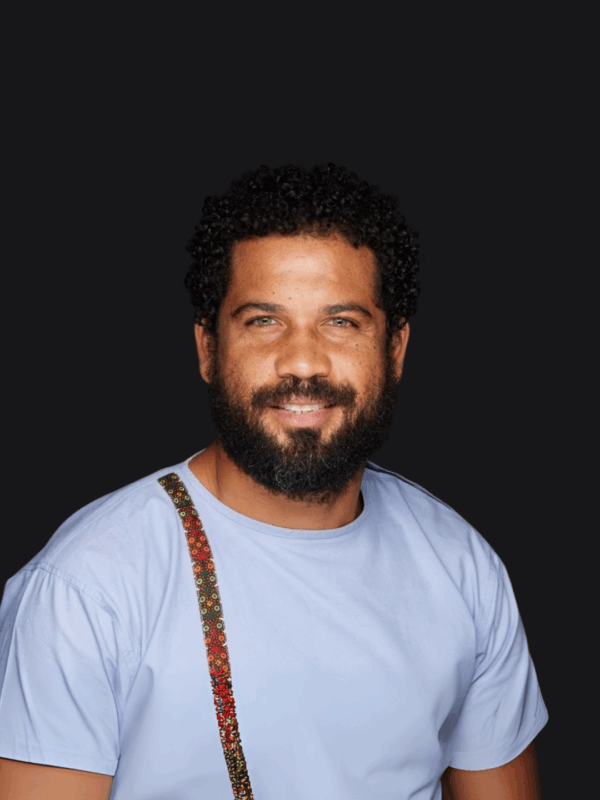
Kerllen da Silva Freitas Costa – Ethnobiologist and Environmental Anthropologist, Angola Country Director of the National Geographic Okavango Wilderness Project
Kerllen da Silva Freitas Costa leads conservation efforts in Angola’s highlands, where roads are scarce and maps often miss what communities have known for generations. Trained as an ethnobiologist, he works at the intersection of field science and Indigenous knowledge, helping to shape national conservation policy from the ground up.
As Angola Country Director for the National Geographic Okavango Wilderness Project, Costa has coordinated more than 80 scientific expeditions across forests, wetlands and headwater basins — many reached by canoe, motorbike or on foot. His teams have documented over 150 species new to science and helped establish two conservation areas in regions once considered data-poor.
Costa also runs the Guardians program across 65 villages, providing community-based ecological monitoring alongside education and mobile health services. He works closely with traditional authorities to identify sacred sites, seasonal boundaries and customary land-use practices, integrating them into formal conservation plans. His approach reflects a broader shift: from protecting nature from people to protecting it with them.
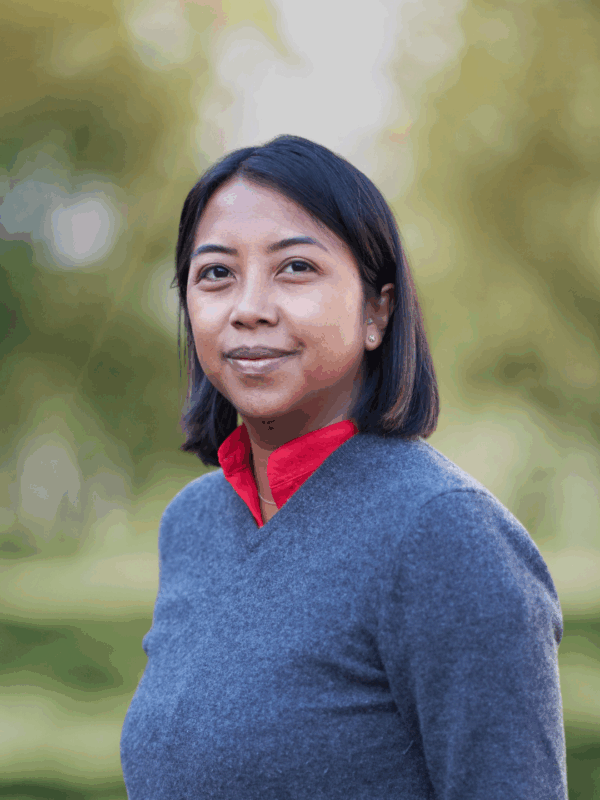
Tiana Andriamanana – Executive Director of Fanamby Association
Tiana Andriamanana leads Fanamby, a conservation nonprofit in Madagascar that co-manages more than one million hectares of protected areas. Her work blends ecological stewardship with economic resilience, often in regions without land titles, internet access or reliable infrastructure.
Fanamby’s approach is rooted in long-term partnerships with village cooperatives. These groups lead land-use planning, ecological monitoring and production of goods like vanilla, wild silk and essential oils — all tied to conservation targets and sold through community-owned enterprises.
In areas vulnerable to illegal logging and fire, Andriamanana’s team supports community governance on the ground. They’ve helped train youth monitors, enforced land management plans and cut forest loss by more than half in key regions.
Rather than rely on high-tech tools, Fanamby builds systems that function amid uncertainty — where continuity, local control and income stability matter more than speed or scale. It’s a model that has held through price shocks, donor turnover and political change — and continues to grow.
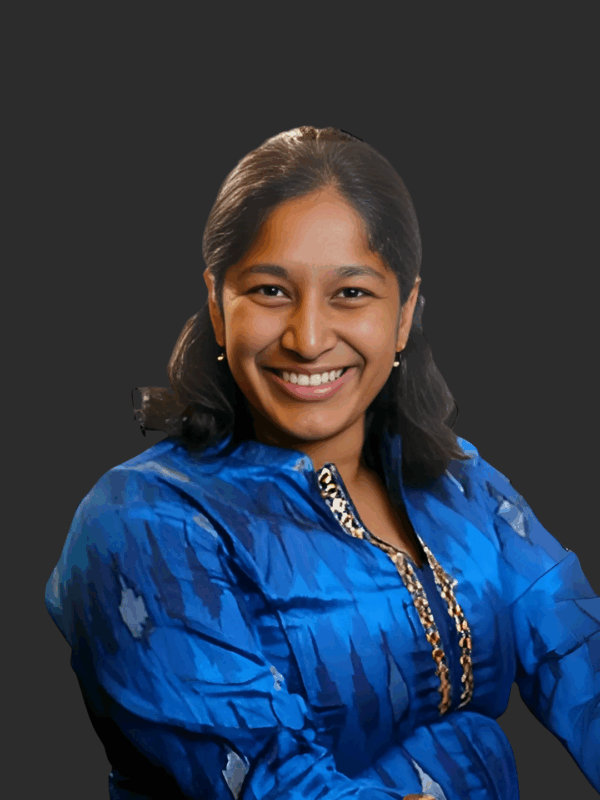
Priya Donti – Co-founder and Chair of Climate Change AI, Assistant Professor at MIT
Priya Donti works at the intersection of machine learning and electric power systems, developing AI tools for grid operators, policymakers and public infrastructure.
At MIT, her research focuses on improving how power grids manage variable energy sources like wind and solar. She designs optimization methods that reflect the physical and regulatory constraints of real systems — including voltage thresholds, reliability requirements and dispatch rules. Her goal is to support faster, more informed decisions in high-stakes operational environments.
Donti is also the co-founder of Climate Change AI, an international nonprofit advancing the use of AI in climate planning. The organization runs global summer schools, technical workshops and one of the few grants programs focused on early-stage work in the field. Its programs have connected researchers with utilities, agencies and frontline climate practitioners — and helped shape the direction of applied research.
Donti approaches AI as an engineering challenge, not a catch-all solution. Her work pushes back on the idea that AI is a silver bullet — arguing instead for tools that are technically rigorous, constraint-aware and grounded in the needs of the systems they aim to support.
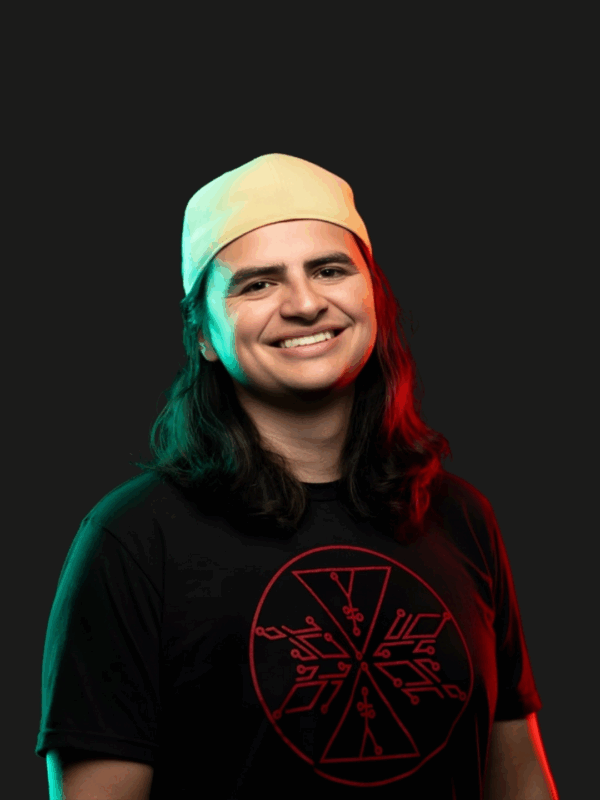
Mason Grimshaw – Vice President of IndigiGenius, Co-founder and Instructor of the Lakota AI Code Camp
Mason Grimshaw develops machine learning tools for tribal governments and climate organizations, with a focus on land use, environmental monitoring and data sovereignty. His work includes geospatial models that track erosion, estimate biomass and monitor habitat near sacred or ecologically sensitive sites — built in collaboration with partners like the Sicangu Climate Center and World Wildlife Fund.
In addition to designing these tools, he helps build user interfaces that make them accessible to the communities they’re designed to serve. The goal is not only to generate better data, but to ensure it can support local decision-making. His work aims to expand access to technical infrastructure while strengthening tribal control over how environmental data is used.
Grimshaw also co-founded the Lakota AI Code Camp, a free summer program for Indigenous students that teaches applied machine learning through projects like weather forecasting tools, native plant identifiers and Lakota language translators. More than 50 students have completed the program to date, many with no prior coding experience. Each one leaves with a laptop — and the skills to keep building.
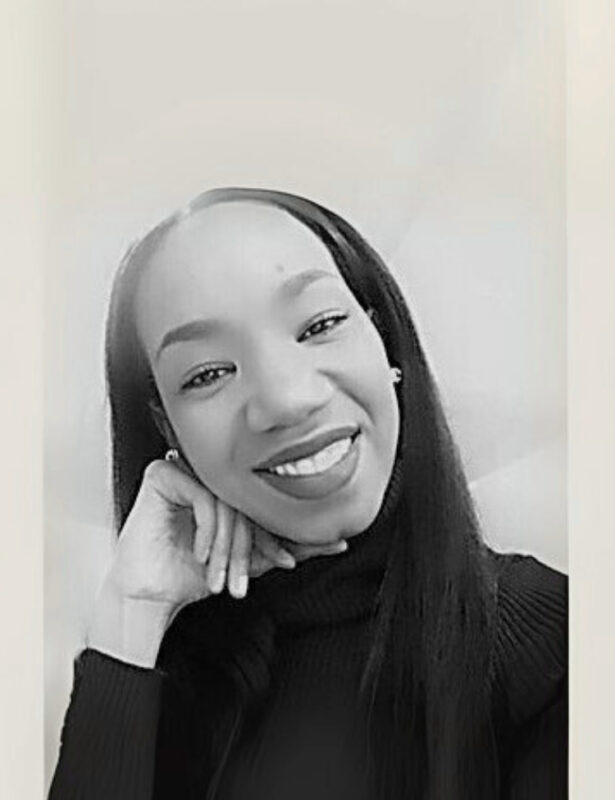
Deborah Gael – Co-founder and COO of Koolboks
Deborah Gael co-founded Koolboks to address a gap in basic infrastructure: access to reliable refrigeration in off-grid and weak-grid communities. Her company produces solar-powered freezers designed to operate without fuel or steady electricity, offering cold storage for food, vaccines and small business inventory.
The hardware is paired with a PayGo financing model that allows users — often market vendors, fish sellers or rural pharmacists — to make incremental payments over time. Koolboks has deployed thousands of units across more than 25 countries, supported by regional teams in Nigeria, Kenya, Uganda and France.
As COO, Gael leads logistics, financing partnerships and product design, including durability testing in high-heat, high-humidity environments. The company’s primary customer base is women, many of whom use Koolboks to start or stabilize small businesses.
Koolboks doesn’t market itself as a climate solution — but its model reduces food waste, limits generator use and expands access to refrigeration without relying on fossil fuels. For Gael, it’s about treating cold storage not as a luxury, but as essential infrastructure.

